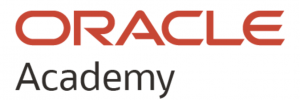 As Oracle’s global philanthropic educational program (FREE), Oracle Academy is open to educators around the world to advance technology education, skills, innovation, diversity and inclusion. We offer academic institutions and their educators free teaching and learning resources ― including curriculum, cloud, software and educator professional development ― that help prepare millions of learners with hands-on practice and career-relevant skills.
As Oracle’s global philanthropic educational program (FREE), Oracle Academy is open to educators around the world to advance technology education, skills, innovation, diversity and inclusion. We offer academic institutions and their educators free teaching and learning resources ― including curriculum, cloud, software and educator professional development ― that help prepare millions of learners with hands-on practice and career-relevant skills.
In my role as Sr. Regional Director for North America, I have the opportunity to speak with education leaders at all levels ― learning, sharing ideas, celebrating successes and understanding challenges. In return, I share information on Oracle Academy learning resources that can be utilized to help elevate Career Technical Education (CTE) learner success and overcome those challenges.
For the last 25 years, Oracle Academy has provided teaching resources as a means to continue the good work of preparing learners with relevant industry skills. Below is a synopsis of a few new resources and tools that are available to current educators:
- Advancement of engaging, rigorous, robust curriculum that sparks curiosity and imagination while teaching critical knowledge and skills. Oracle Academy offers full pathway curriculum that aligns to industry certification to help provide learners with foundational technology knowledge and skills that are in high demand across careers.
- Java curriculum pathway helps learners grow their object-oriented programming knowledge.
- Database curriculum pathway introduces learners to hands-on skills starting with database design and SQL.
- The introduction of Oracle Academy Java for AP Computer Science A Curriculum that prepares high school learners for the College Board AP Computer Science A exam as well as the Oracle Certified Foundations Associate, Java exam (1Z0-811). An extension of the Java Foundations curriculum, this new curriculum includes content to meet the objectives outlined by the College Board for AP Computer Science A. It also may benefit educators and learners who wish to extend their Java knowledge beyond Java Foundations.
- Creation of the new Oracle Academy Tech Chat podcast. The Oracle Academy North America team is excited to launch our new podcast series. In each episode, Oracle Academy representatives talk with members of the Oracle community on a variety of topics, from “how learners can prepare a winning resume” to “What is SQL” to the “Oracle Innovation Lab”. Designed with an academic lens, educators can utilize the entire series for teaching and learning in their courses, or as an informational tool to share with learners and colleagues.
As Oracle Academy, we understand and value CTE state leaders as partners and welcome the opportunity to collaborate by developing a statewide Oracle Academy membership agreement as a means to support both sustainable and scalable CTE programs. In North America, we also can engage directly with K12 school districts to create Oracle Academy membership agreements to offer teaching and learning resources to support CTE learner success.
Learn more at academy.oracle.com
Denise Hobbs
Senior Regional Director, Oracle Academy North America
[email protected]


 As a State Career and Technical Education (CTE) leader, you know the value of CTE in preparing learners for a wide range of work opportunities. But to elevate CTE’s impact, it’s essential to use your expertise to build programs that grow and thrive.
As a State Career and Technical Education (CTE) leader, you know the value of CTE in preparing learners for a wide range of work opportunities. But to elevate CTE’s impact, it’s essential to use your expertise to build programs that grow and thrive.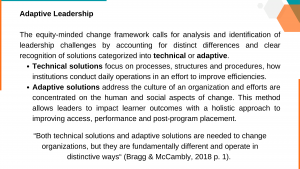
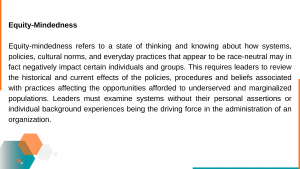
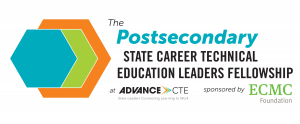
 Monique discovered CTE like many do as a path to reskill after an economic shift. After the mortgage industry collapse in 2007, Monique was forced to redirect her career path from a financial-focused background as a Mortgage Residential Underwriter to education. Monique went back to school and earned a Bachelor of Science in Education.
Monique discovered CTE like many do as a path to reskill after an economic shift. After the mortgage industry collapse in 2007, Monique was forced to redirect her career path from a financial-focused background as a Mortgage Residential Underwriter to education. Monique went back to school and earned a Bachelor of Science in Education.  Pennsylvania
Pennsylvania Texas
Texas Ohio
Ohio Project Focus
Project Focus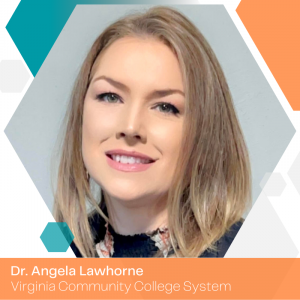 Dr. Angela Lawhorne
Dr. Angela Lawhorne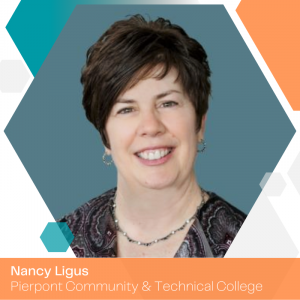 Nancy Ligus leverages her
Nancy Ligus leverages her 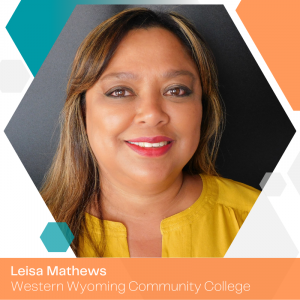 Leisa Mathews’
Leisa Mathews’ 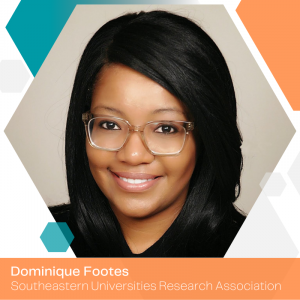

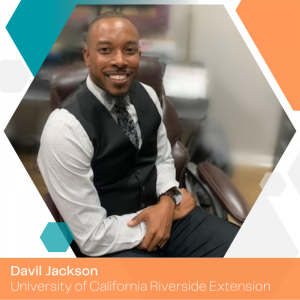 Davil Jackson (California) is passionate about empowering youth and young adult learners and has si
Davil Jackson (California) is passionate about empowering youth and young adult learners and has si Kayla Brossett, Louisiana
Kayla Brossett, Louisiana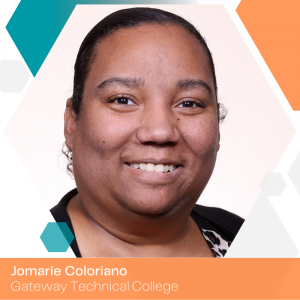 Jomarie Coloriano, Wisconsin
Jomarie Coloriano, Wisconsin 

